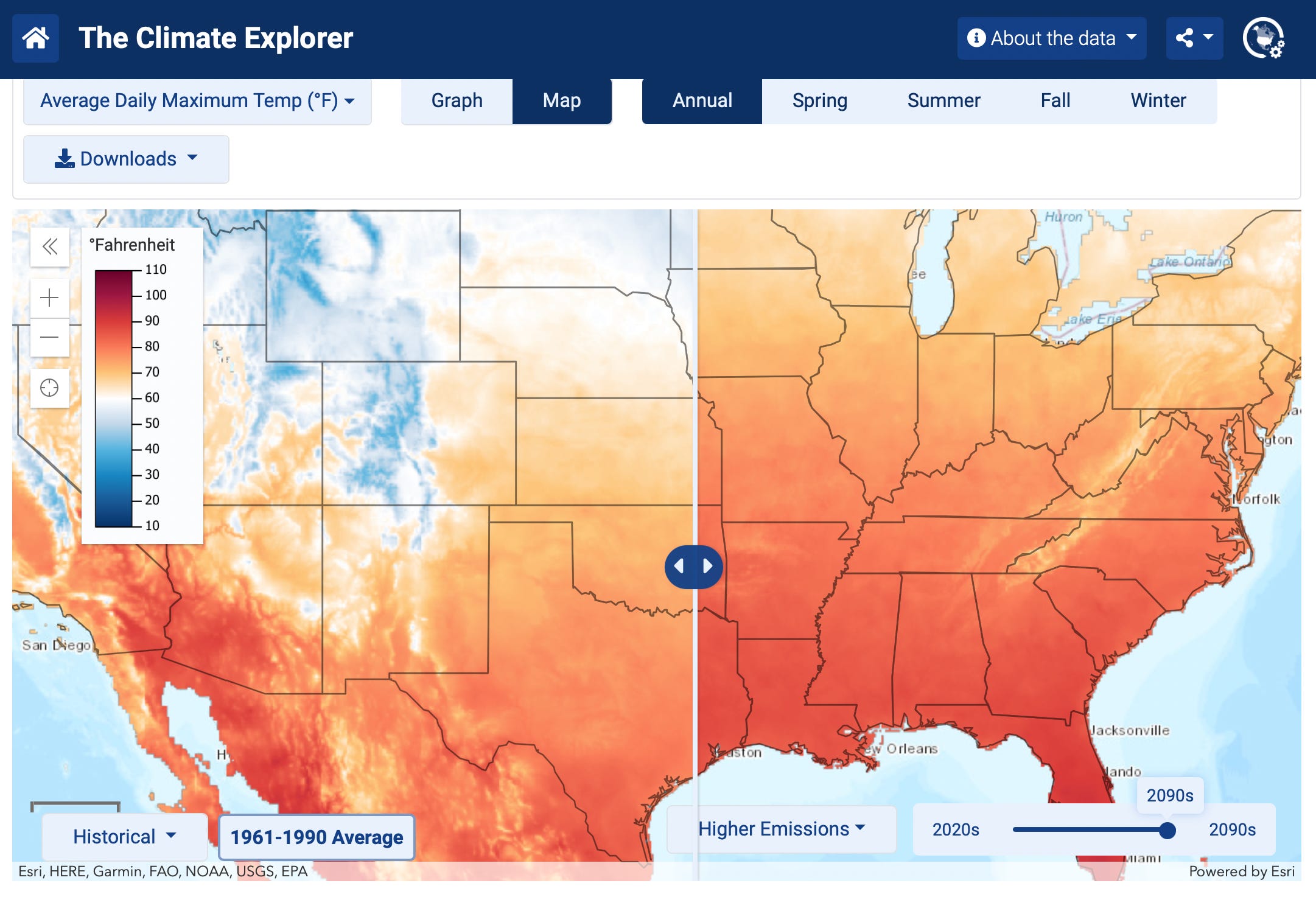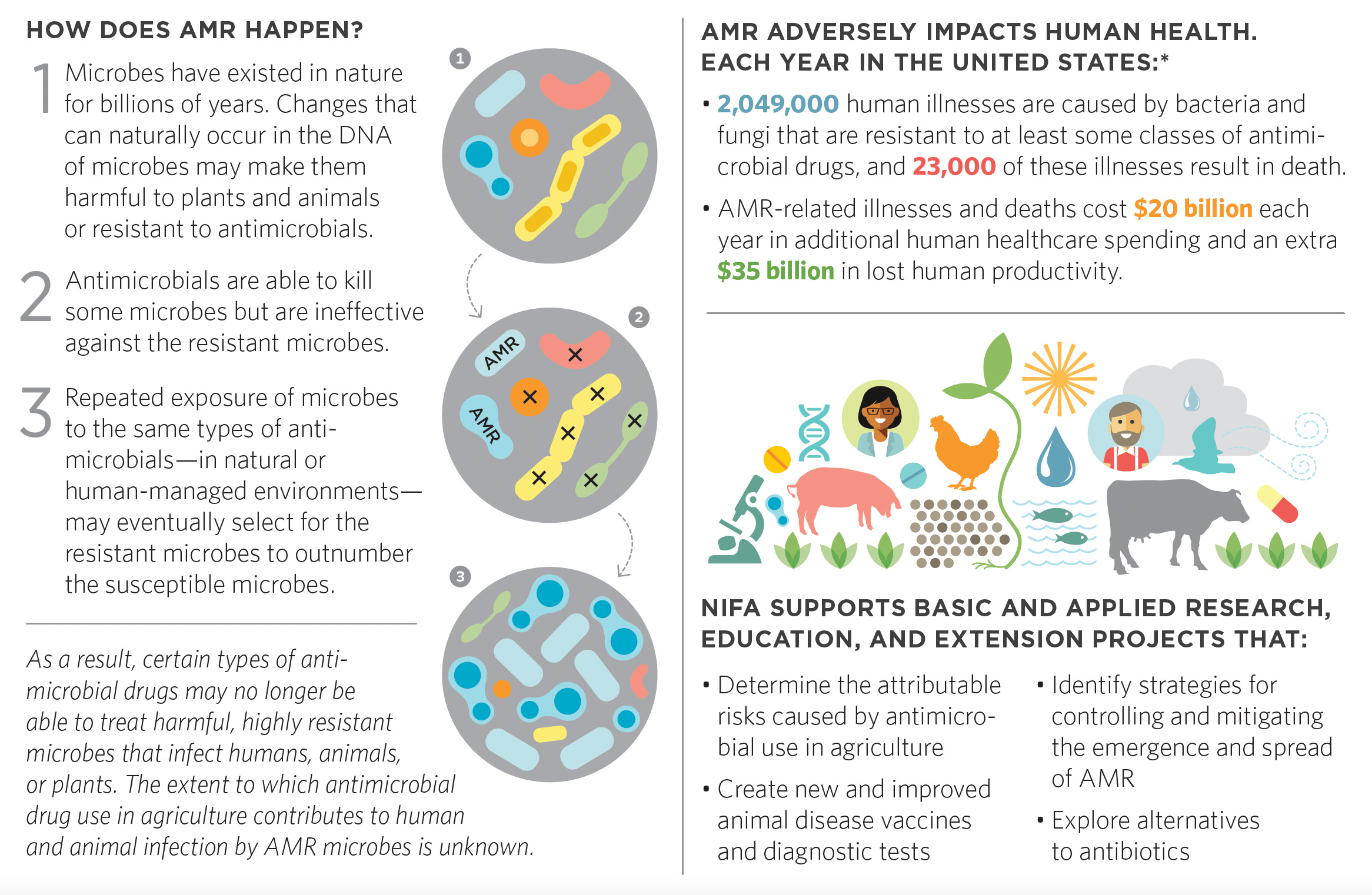The war on ESG is a war on freedom
Attacks on environment, social, and governance (ESG) criteria for investment decision-making undermine your health and freedom, and national security, and the prospects for sustainable prosperity.
ESG criteria, data and metrics, provide insight into corporate delivery of Environment, Social, and Governance benefits. ESG is a convenient shorthand for information that helps you make sure companies you are funding are doing things in a clean, healthy, and responsible way—not profiting from undermining the health and wellbeing of people, nature, and nations. It is also a way of materially reducing the risk that your investments will incur costs related to unsustainable, unethical, or otherwise ill-conceived business practices.
ESG criteria help investors make smarter choices. Industries that profit from externalizing costs require society (you), the environment (affecting you), and our government (funded by you), to incur harm and cost the business doesn’t want to pay to prevent or clean up.

For instance:
A nuclear power plant operator might choose not to invest in upgraded infrastructure and monitoring; that could be a factor in subsequent release of radioactive material into the environment. Good ESG data can alert you to lower investments in maintenance and a history of preventable leaks, so you can move money towards more responsible and less risky energy producers.
An oil and gas company might declare its intent to reduce net life-cycle emissions by 30% by 2030. Good ESG data can help you understand whether that plan is being implemented and how it compares to others.
A large agribusiness conglomerate may have been ordered to reduce runoff of harmful chemical pollutants into groundwater and waterways. Good ESG data can help you understand whether that company is reducing pollution, reducing liability, and investing to be more sustainable, or whether it is risking shareholders money in an unlawful effort to profit from noncompliance.
To know whether a firm you invest in treats workers fairly, or honors laws banning slave labor, you need non-financial data. Good ESG data can help you deny investment to companies that use slave labor or otherwise undermine the health and wellbeing of workers and communities.
The Governance element of ESG is also about the operational governance of the enterprise itself:
Are operations and finances managed transparently?
Is the corporate structure designed to prevent corrupt activities?
Is oversight inclusive, to reduce risk of labor abuses like modern slavery or ingrained discrimination?
Are supply chains assessed and managed to reduce abuses more broadly?
The more widely ESG standards are applied and used to make investment decisions, the more likely we will all live in a world where destructive and unjust practices are the exception and not the rule.
Opponents of ESG standards don’t want investors and fund managers to have ESG information, because that information helps those investors and fund managers do better financially by choosing not to invest in destruction, waste, and injustice. Politicians that want to ban ESG accounting are seeking to limit your personal freedom, and to undermine your right to choose to prevent harm.
The Constitution of the United States clearly rules out such efforts to reduce people’s access to facts, evidence, and informed decision-making:
The Preamble promises to “promote the general Welfare, and secure the Blessings of Liberty to ourselves and our Posterity”; no part of the Constitution invites or condones the unaccountable imposition of devastating harm and cost.
Article VI holds that ratified treaties—such as the Rio Conventions—are “the supreme Law of the Land”, or binding Constitutional law.
The Ninth Amendment specifies that rights need not be enumerated explicitly to be recognized and protected by the Constitution. (This reinforces both of the above guarantees and points to the basic ethical logic of ESG standards—information enabling you to avoid harm to innocents.)
The 14th Amendment guarantees “equal protection of the laws” to all persons, effectively precluding powerful elites from imposing unaccountable harm on innocents.
The Fourth Amendment safeguards every person’s right “to be secure in their persons, houses, papers, and effects”. (ESG data is not illicit information, and barring it risks imposing personal physical insecurity and an undue control on personal informational sovereignty, at the whim of the state.)
The First Amendment guarantees freedom of information for active participation in a free society, through freedom of speech, freedom of the press, freedom of religion, and the right to free association and peaceable assembly.
The First Amendment also prohibits legislation designed to limit the people’s right “to petition the Government for a redress of grievances.” Preventing harm is an implicit national aim, by the logic of this constraint on impunity.
Every American has incontrovertible Constitutional rights requiring they be able to access information about the difference between practices that cause harm and those that don’t. Every American also has the right to act on that information, to prevent needless harm to others. It is a fundamental principle of self-government that:
Citizens have the right to make informed decisions that protect their health and safety and improve conditions for everyone.
The attack on ESG criteria is an effort to suppress evidence that allows people to make informed decisions to prevent senseless harm and cost. It is precisely the kind of action the Constitution invites citizens to counter by seeking redress. Public officials who engage in such illicit use of public office, to conceal harm and benefit malintentioned elites, may find themselves legally liable for the harm that ensues.

The best American future will be one where incentives and markets reward activities that improve health and resilience, and offer real opportunities for sustainable wellbeing for everyone. We all need the best available information to make that better future a reality.
For more information about environmental impacts, rights, and policies, affecting Texas and the region, go to TEX.earth


